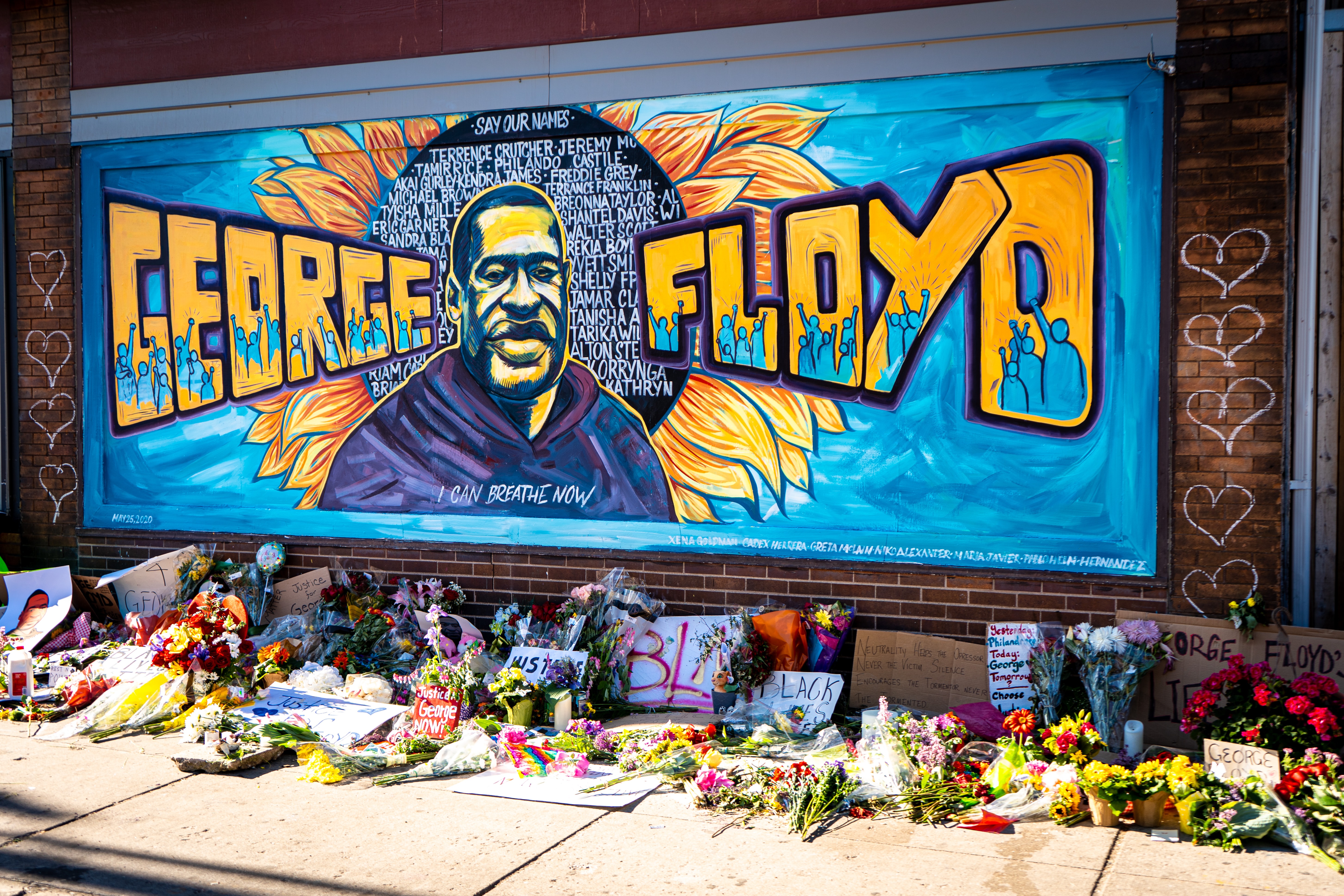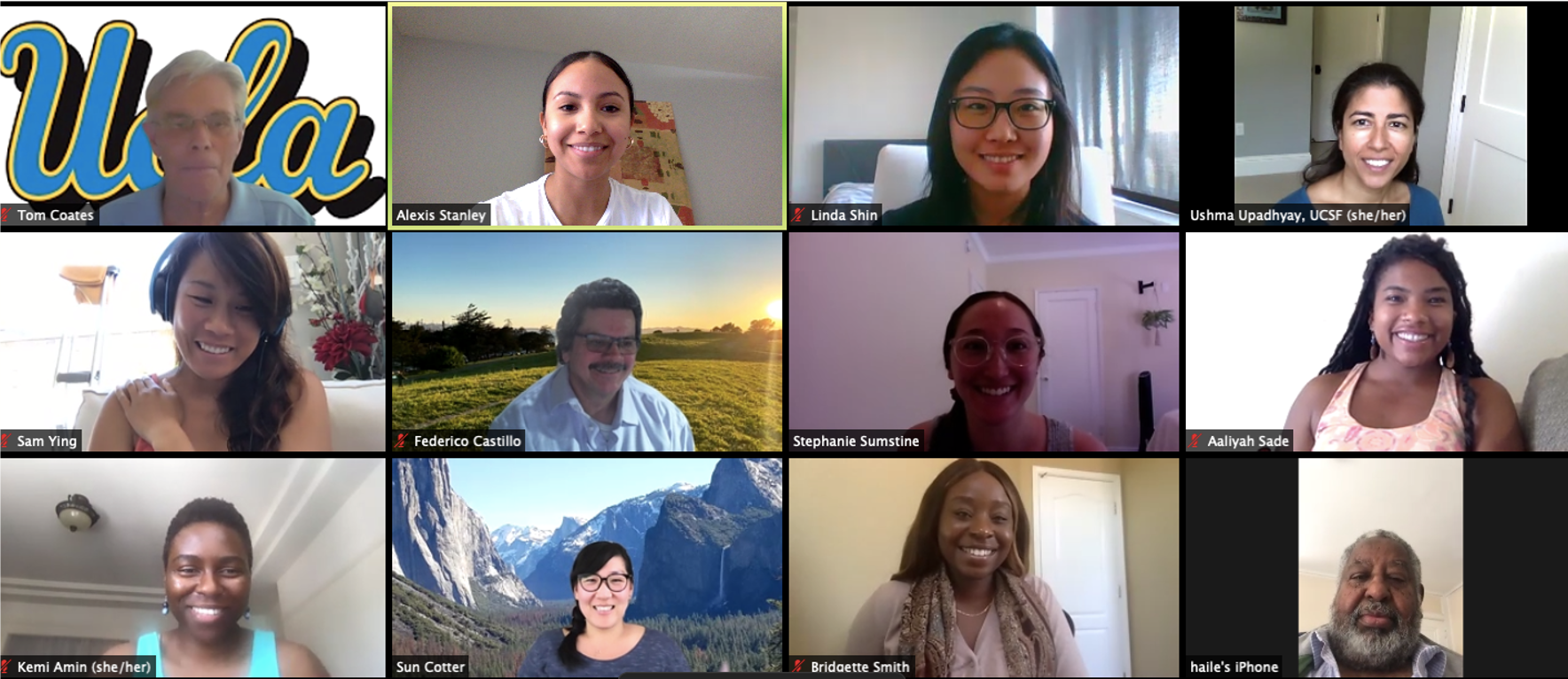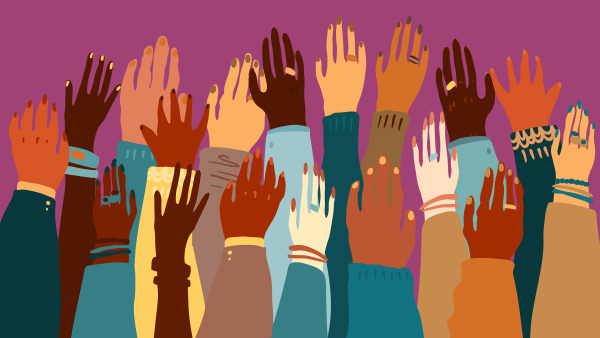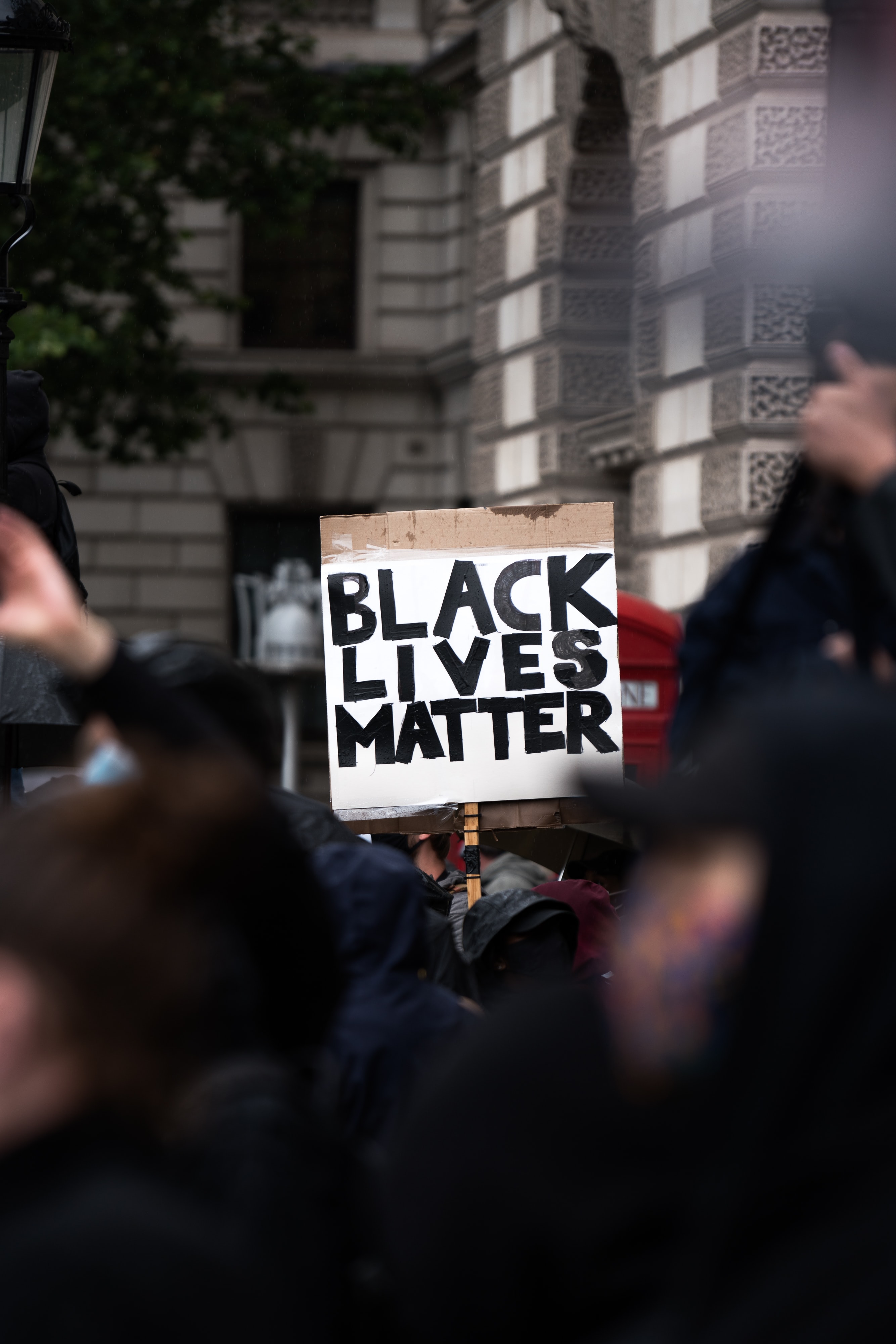
In June 2020, soon after the murder of George Floyd, the UC Global Health Institute (UCGHI) team members across the UC campuses began crafting a statement expressing their solidarity against police brutality, systemic racism, and injustice.
As they collectively worked on the statement, “We quickly realized that as an Institute, we had not done enough, and we needed to do better. Most importantly, we needed to act with intention and take concrete actions,” said Sun Yu Cotter, UCGHI’s Deputy Director.
“The Black Lives Matter movement has definitely been a catalyst for us to examine our own issues and shows that no institution is exempt from issues surrounding systemic racism, and this has brought us together to do the work,” she said.
As a first step towards action, Cotter and UCGHI’s Director, Tom Coates, co-founded the UCGHI Black Lives Matter Task Force. Sixteen members (faculty, staff, and students) from eight UC campuses and diverse racial and ethnic backgrounds, sexual orientations, and genders have met virtually twice each month since last June. “Given that a majority of our Task Force members are BIPOC (Black Indigenous People of Color), many of us bring voices of those who are often underrepresented in predominately white spaces like academia and global health,” said Cotter who is the BLM Task Force’s co-Chair along with Coates.
The UCGHI BLM Task Force engages in discussions on anti-racism and diversity, equity, and inclusion (DEI) and highlights areas that need further attention at UCGHI and across UC. In the past year, the Task Force has developed and administered a DEI survey and published a DEI survey report (led by UCGHI Program Coordinator, Linda Shin), created space for all UCGHI programs to examine and better integrate DEI into their programs, hosted this year’s successful UC Global Health Day with the theme Decolonizing Global Health to Advance Health Equity, provided guidance on diversifying UCGHI’s Board of Directors, and will implement DEI statements as part of the selection criteria for the first time. The UCGHI BLM Task Force also works in partnership with the UC Office of the President’s DEI consultants (Francesca Galarraga and Lisa Walker) and created a list of DEI recommendations for 2021, among other activities. Its members are enthusiastic to continue their work in collaboration with the UC Office of the President that they hope will lead to system-wide change.

Like many members of the Task Force, Federico Castillo, a lecturer in UC Berkeley’s Department of Environmental Science, Policy, and Management and Deputy Director of UCGHI’s Planetary Health Center of Expertise, has long studied racial and ethnic inequities. As a Latino in a predominately white field, he joined the Task Force to hear other voices and be part of a diverse group.
“I’m immersed in my Latino culture and my wife is Latina,” he said. “We talk about Latinos and accomplishments and discrimination and lack of education,” he said. Being part of the Task Force has been “enlightening” in learning more about African Americans’ experiences, particularly police brutality, he said.
For UCGHI Student Ambassador Geremy Lowe, who recently received a Bachelor’s degree in Ethnic Studies from UC Berkeley, joining the Task Force was an opportunity to add his voice and share his background and perspective as a Black queer man and the first in his family to attend college.
“My understanding of race and racism was set in place,” he said. “It was more about, how are other people understanding race and racism and how can I help educate and be a part of adjusting, or even just re-imagining and de-colonizing minds around how race and racism is implemented in today’s society,” he said.
Being part of the Task Force “opened my eyes to a lot of things that I felt people should already know that they didn’t know, and it really provided me with a sense of providing others grace and learning.”
Melissa Smith, Deputy Director of the Women’s Health, Gender, and Empowerment Center of Expertise and a member of the UCGHI Board of Directors, joined the Task Force because she’s “deeply concerned about the issue of racial justice, and I welcome opportunities to work with others to address this critical problem,” she said.
The Task Force “provides a fertile ground for reflection and dialogue around these racial justice issues and for thinking about how we can move beyond statements of solidarity and allyship to actually concrete, specific programmatic and systems changes, such that, for example, the Board of Directors is much more diverse.”

Sam Ying, co-Director of the Planetary Health Center of Expertise, joined the Task Force because she felt a strong link between the center’s and the Task Force’s work.
“All of the impacts of climate change have disparate effects on different communities: Black and Brown and Pacific Islander and Asian communities have more to worry about. So, it’s very integrated into the research that we’re trying to drive through this center,” Ying said.
For Ying, the DEI survey, created by the Task Force and sent out to all UCGHI members, was one of its most important actions.
“For staff and faculty to see that participants of the Institute are upset with how unbalanced and unrepresentative our leadership is and that a number of them have personally experienced interactions that are discriminating and racist, that gave a number of us on the Task Force something to work with,” Ying said.
As a nonbinary Asian American, Ying said ze has long recognized these issues, as have many other members of the Task Force. “But the survey demonstrated that changes need to be made,” ze added.
Lowe wants the Task Force to find ways to make Black students feel more included and valued, including incorporating Black lived experiences into courses offered by UCCHI, “so Black students feel that they are heard, seen, and welcomed into spaces,” he said.
Smith hopes for a focus on “how we can leverage resources to create more learning and leadership opportunities for students from underrepresented communities.”
Castillo wants to see the Task Force “mainstreamed” into UCGHI at all levels: administrative, project management, and perhaps most importantly, financially. “Without having this mainstreamed and incorporated into people’s work plans, it is bound to just kind of fade away,” he said.
Like Castillo, Ying wants the issues raised by the Task Force integrated into all the Institute’s operations, with programs providing transparent information on how funds for fellowships are dispersed and tracking how UCGHI programs are addressing DEI.
DEI questions have also been added as requirements to annual progress reports from the UCGHI Education program, GloCal Health Fellowship, as well as the two Centers of Expertise. Leaders of these programs have presented to the Task Force and provided updates on the ways in which they have integrated DEI into their existing and new programs. They have also engaged in discussions with the Task Force on how they can do better. This summer, representatives from UC Health will present the special report by UC Health Sciences DEI Task Force, Disrupting the Status Quo, to the UCGHI BLM Task Force and discuss ways they will work in partnership towards UC-wide change.
“UCGHI is committed to diversifying the global health workforce and one of our goals as a Task Force is to collaborate with UCOP to promote greater diversity among UC learners, staff, and faculty, especially Black faculty and create environments for them to thrive. How can we work together to do it all?,” Cotter said. “One year later, it is clear that while we have made progress and that there is still a lot of work to be done together.”

